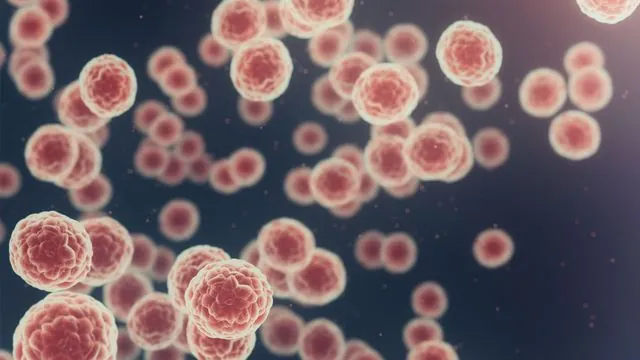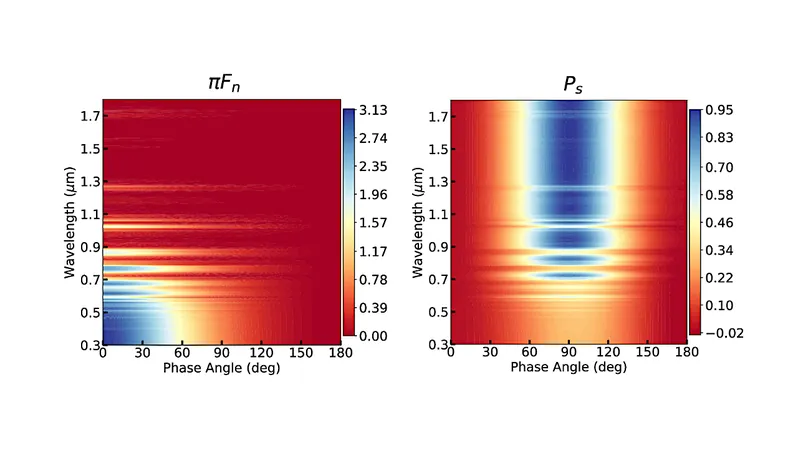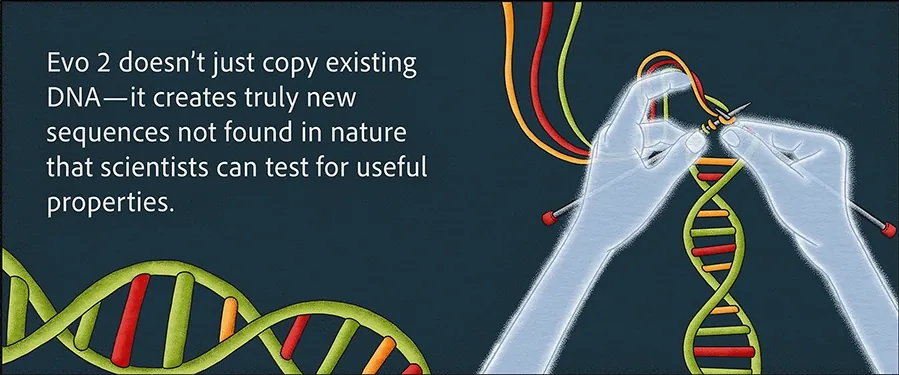
Revolutionary Findings on Colorectal Cancer's Hidden Mutations Could Change Treatment Forever!
2025-04-15
Author: Mei
Unlocking the Mysteries of Colorectal Cancer Mutations
Colorectal cancer (CRC) remains a formidable foe, ranking as one of the top causes of cancer deaths worldwide. But recent groundbreaking research from Japan is delving into the complex web of genetic mutations driving its progression, revealing potentially game-changing insights.
The Mutation Maze: A Deep Dive
CRC tumors showcase a baffling heterogeneity, powered by a series of genetic and epigenetic changes. While traditional studies have spotlighted mutations in key oncogenes like APC, TP53, KRAS, and PIK3CA, new research suggests a much more intricate picture. Where once BRAF mutations were viewed as mere anomalies, they now emerge as pivotal players in alternative pathways of tumor development, especially in cases where major mutations are absent.
High Tumor Mutation Burden: The Unexpected Players
In a compelling study published in Cancer Science, Dr. Hideyuki Saya and his team scrutinized CRC tumors labeled as having a high tumor mutation burden (TMB). Astonishingly, a staggering 12 out of 14 of these tumors were found in the right colon, flaunting not just high BRAF mutation frequencies, but also notable microsatellite instability (MSI). It appears that the location of the tumor isn't just a geographic detail; it's a critical factor that informs its development and treatment strategy.
Beyond the Surface: What Lies Beneath?
The researchers utilized targeted exome sequencing on samples from 150 CRC patients to map out the intricate landscape of genetic mutations. They aimed to uncover the mechanisms behind tumors that diverged from typical mutation patterns, especially those steering clear of the traditional drivers like APC and KRAS. Their findings indicate that these TMB-high tumors may be powered by a medley of mutations which could pave the way for new targeted treatments.
A New Era of Cancer Treatment?
Dr. Saya emphasizes the implications of these findings: "Treatment approaches should vary based on the oncogenic mechanisms linked to tumor location, enabling better patient outcomes through personalized therapies." The research underscores the potential for advanced genomic analysis in establishing cancer treatment protocols, suggesting that such methods could soon be standard practice across all cancer types.
Looking Ahead: A Tailored Future in Oncology
As the team refines their cutting-edge cancer genome analysis system for CRC diagnosis, the potential for tailored treatments based on specific genetic mutations grows. This endeavor isn't just about identifying mutations—it's about transforming how we approach cancer care altogether, heralding an era of precision oncology that could significantly improve survival rates.
Stay tuned, as these exciting revelations unfold, potentially rewriting the rules of CRC treatment and offering fresh hope to patients around the globe.



 Brasil (PT)
Brasil (PT)
 Canada (EN)
Canada (EN)
 Chile (ES)
Chile (ES)
 Česko (CS)
Česko (CS)
 대한민국 (KO)
대한민국 (KO)
 España (ES)
España (ES)
 France (FR)
France (FR)
 Hong Kong (EN)
Hong Kong (EN)
 Italia (IT)
Italia (IT)
 日本 (JA)
日本 (JA)
 Magyarország (HU)
Magyarország (HU)
 Norge (NO)
Norge (NO)
 Polska (PL)
Polska (PL)
 Schweiz (DE)
Schweiz (DE)
 Singapore (EN)
Singapore (EN)
 Sverige (SV)
Sverige (SV)
 Suomi (FI)
Suomi (FI)
 Türkiye (TR)
Türkiye (TR)
 الإمارات العربية المتحدة (AR)
الإمارات العربية المتحدة (AR)